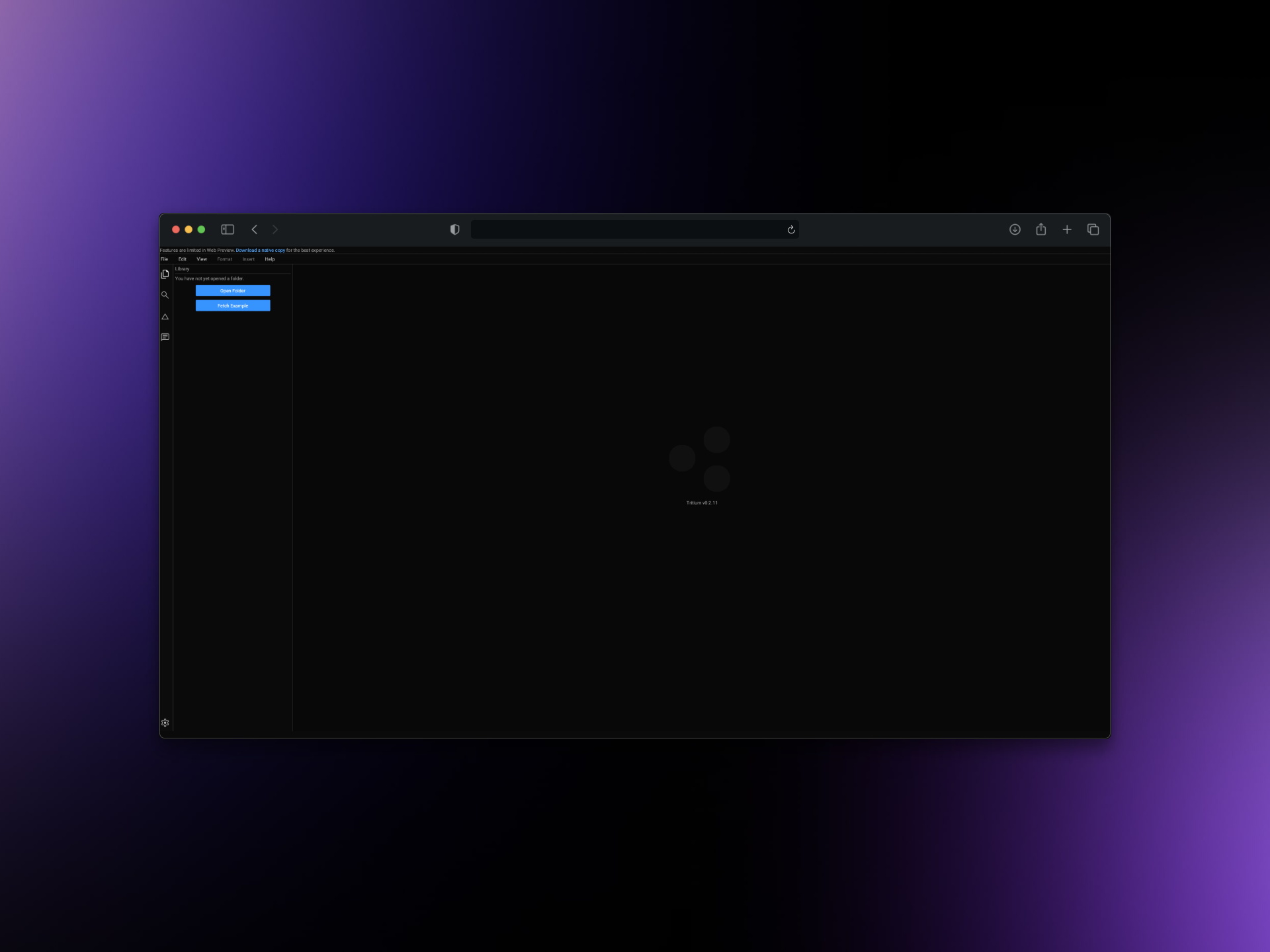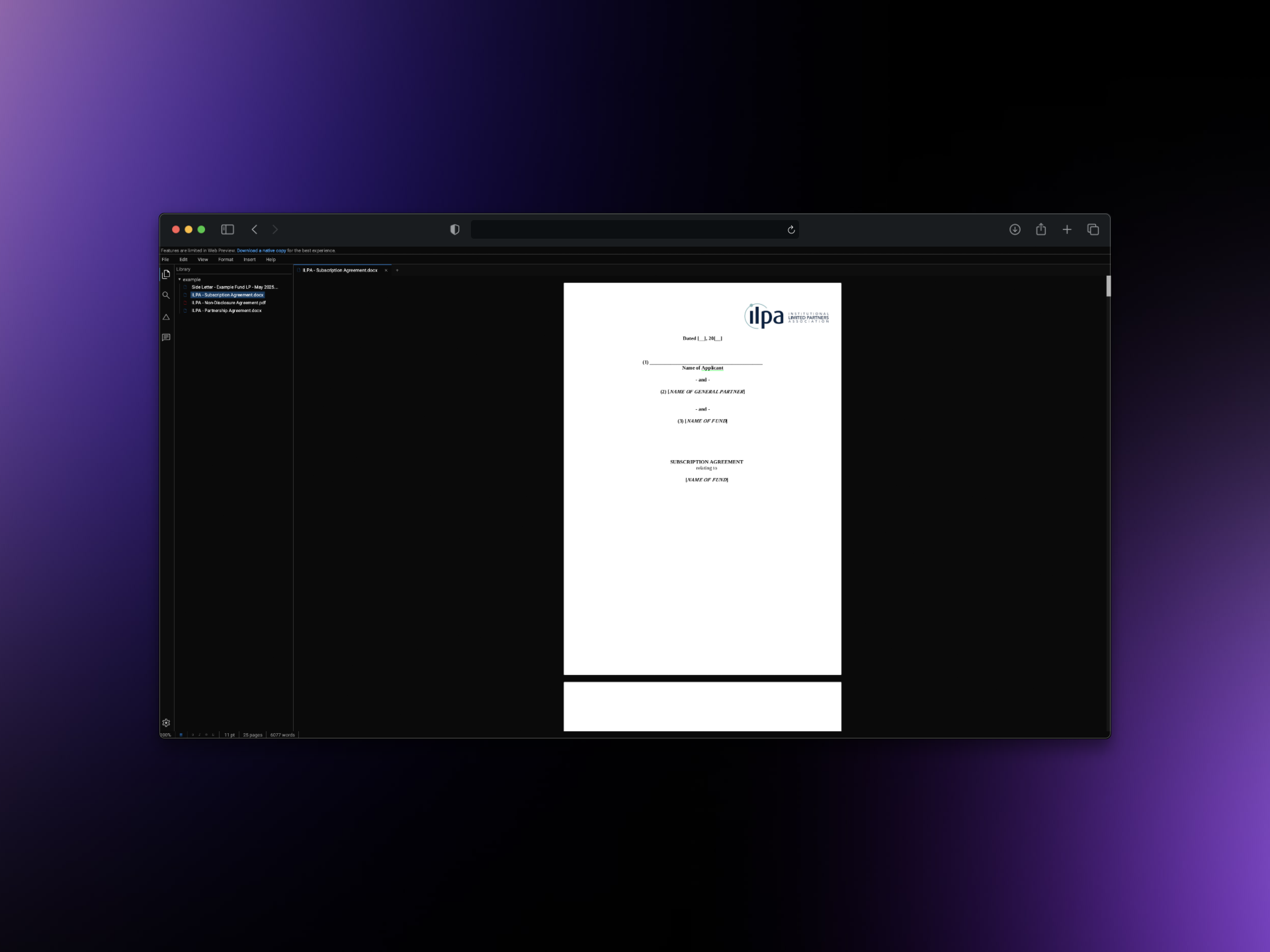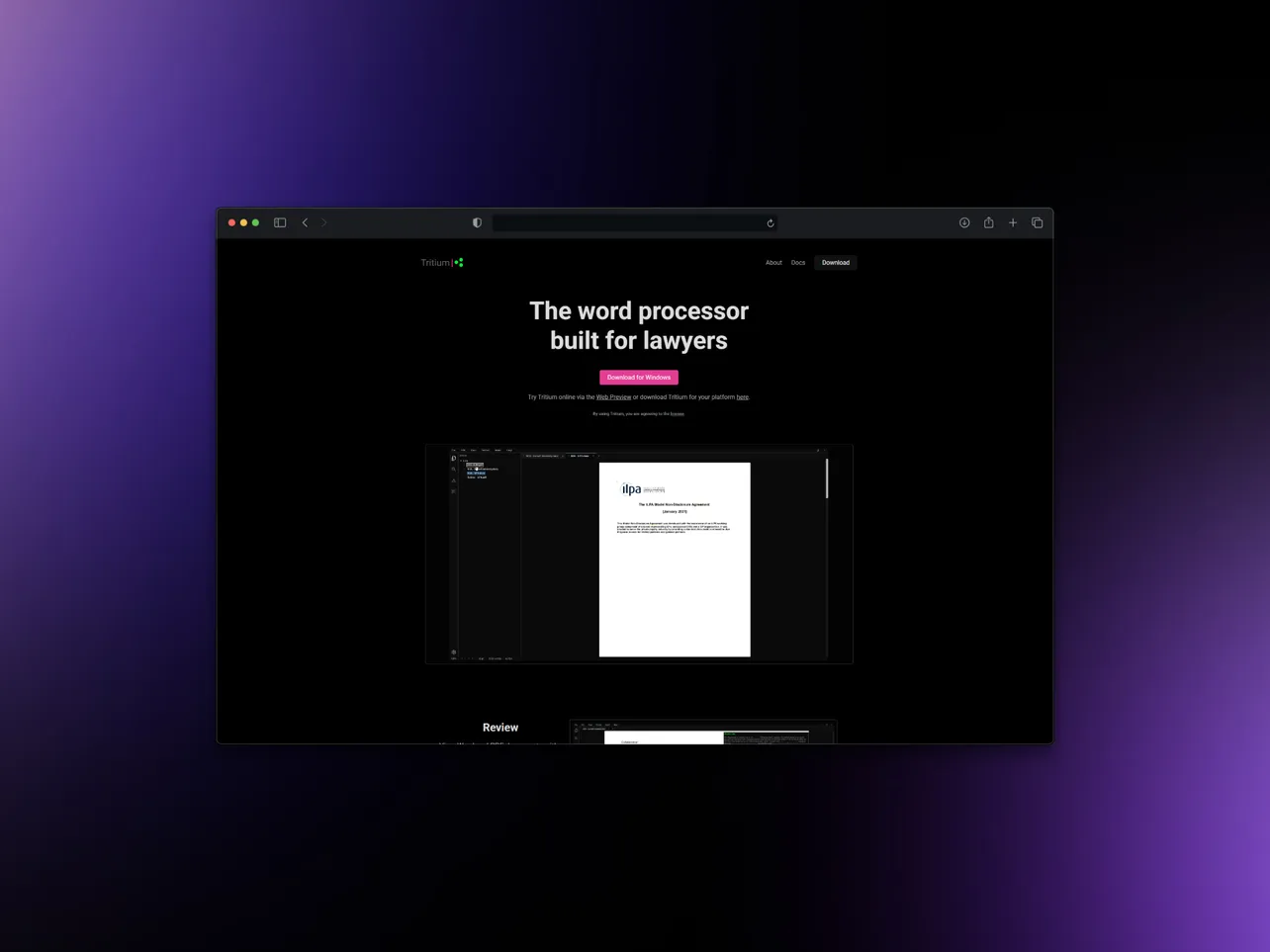Drew spent over a decade moving between transactional law and side projects. A lawyer by trade and a programmer by habit, he always found himself writing code in plain text editors on nights and weekends.
"I’ve been programming as a hobby since the ’90s. MUDs, Warcraft I and II, hacking on games in C—it’s always been part of my life."
The turning point came while working at a law firm. He was asked to roll out a legal tech tool but quickly hit a wall. The only approved editor was Microsoft’s VS Code.
"I was blown away. Go-to definition, syntax highlighting, debugging. It was night and day compared to what lawyers use. And I thought, why don’t we have this in law?"
It’s a common thread among successful founders: solve your own problem first. The pain is real, the stakes are clear, and the feedback loop is immediate. Drew had lived through the daily frustration of legal workflows that didn’t fit the way lawyers actually worked.
Learn from other Founders
Founder stories, lessons, and quiet wins from indie builders, straight to your inbox.
Why Tritium Exists
Lawyers doing transactional work have a predictable flow: review, edit, redline, send. But that usually means juggling Word, Adobe, redline tools, and awkward LLM integrations.
Tritium pulls it all into one fast, local, secure workspace.
"We treat the full deal document suite as a single, searchable unit. Lawyers can edit, redline, annotate, and interact with their LLM without switching tools."
Out of the box, Tritium supports:
- Editing Word and PDF files side by side
- Redlining and term annotations
- Native OCR
- LLM features that feel built-in rather than bolted on
The whole app is written in Rust with a clear focus on performance and stability.
"The app’s gotten a lot faster and more stable. That’s the priority for the year ahead."

Making Legal Work Feel Better
Drew’s goal is simple. He wants software that disappears and feels like part of the user’s hand.
That means getting the basics right. Hotkeys should behave as expected. The app should anticipate next steps. If a lawyer accepts a suggestion from the LLM, maybe it is time to run a redline.
"When a tool is well-designed, it fades into the background. That’s what I want for Tritium."
Most days involve coding and calls with users. Drew is not a fan of the legal tech conference scene.
"Legal tech is like legal for people who don’t like legal, and tech for people who don’t like tech."
What He Learned
The hardest part so far has been building the word processor.
"The Word spec is public, but 40 years old. It’s a mess. You can see the history of the entire product in the format."
He also expected bigger law firms to be the most difficult to sell to. That turned out to be wrong.

"The real blocker is overworked in-house IT teams at smaller firms. They’re not hostile. They’re just out of time."
What Comes Next
There are a few things Drew would change if he started again. But not the language. Rust was the right choice.
And the future of Tritium is clear. He wants lawyers to feel the same energy and control that good tools give to developers.
"Developers get into flow because their tools are fast, focused, and empowering. I want that for lawyers too."
Learn more about Tritium over at tritium.legal



